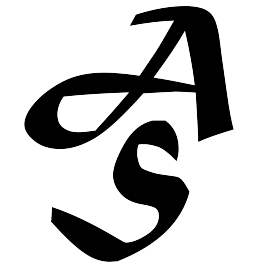Video Editor and Photographer: Allen Beck, AKOR Services
Part 107 Remote Pilot and Videographer: Pat McAbery, Sight and Sound Services
Drones and aerial photography/video are all the rage these days. They play a vital part in today’s aerial photography and video. But this is one of those areas that can get you into trouble of you are not careful. Let me explain.
There is a huge difference between the person who flies drones for fun and hobby, and the commercial pilot that has studied and worked on perfecting their craft, and has actually obtained their FAA 14 CFR Part 107 Commercial Remote Pilot’s License. That requires classes, passing tests, continuing education and knowledge of the airspace system, weather and so much more.
To be more precise, anything that flies in the air here in the United States is governed by the Federal Aviation Administration, whether it is a hobbyist, or a commercial pilot doing the flying. Here is one of the major differences. It’s called monetization. If you are flying drones for fun, or as a hobby, you are covered by 14 CFR Part 101 of the FAA regulations, and there are specific rules that must be followed (whether the remote pilot knows it or not). Under these rules, under no circumstances, can there be any money involved. That means no monetized Youtube or websites, advertising of any kind or anything else. And this is under still (and expensive) legal penalties.
If you want to do those things, then anyone involved with those photos or videos must be a Commercial Part 107 Remote Drone Pilot.
Here is the real kicker. If the FAA finds a video (or photos) on a monetized website (a.k.a. business) or any other publication, the legal penalties and fines can not only be traced back to the remote pilot, but also to the business that worked with the pilot. If you doubt this, just check on YouTube. You can find lots of drone/remote pilots that have been busted, and they are not bashful about telling you about it.
Moral of the story. You may pay more for a qualified Part 107 drone/remote pilot, but it is worth it because:
- You have a pilot that has studies, tested, certified and insured.
- They are following the FAA regulations.
- They have continuing education.
Hiring these pilots, you can be sure that your business is protected from FAA legal issues and fines if they are doing their jobs properly.
One final thought. If you hired an uncertified hobbyist drone/remote pilot to do your aerial photos/videos, they flew too high, in an area where they shouldn’t have been flying, and their drone went through the windshield of a low-flying airplane or helicopter. Or lets say they were flying over a crowd of people and their drone came crashing down and hit and injured people in the crowd, do you believe there would be investigations, and perhaps even news media coverage? As the employer, do you think you might have some liability?
Hire the professionals!
